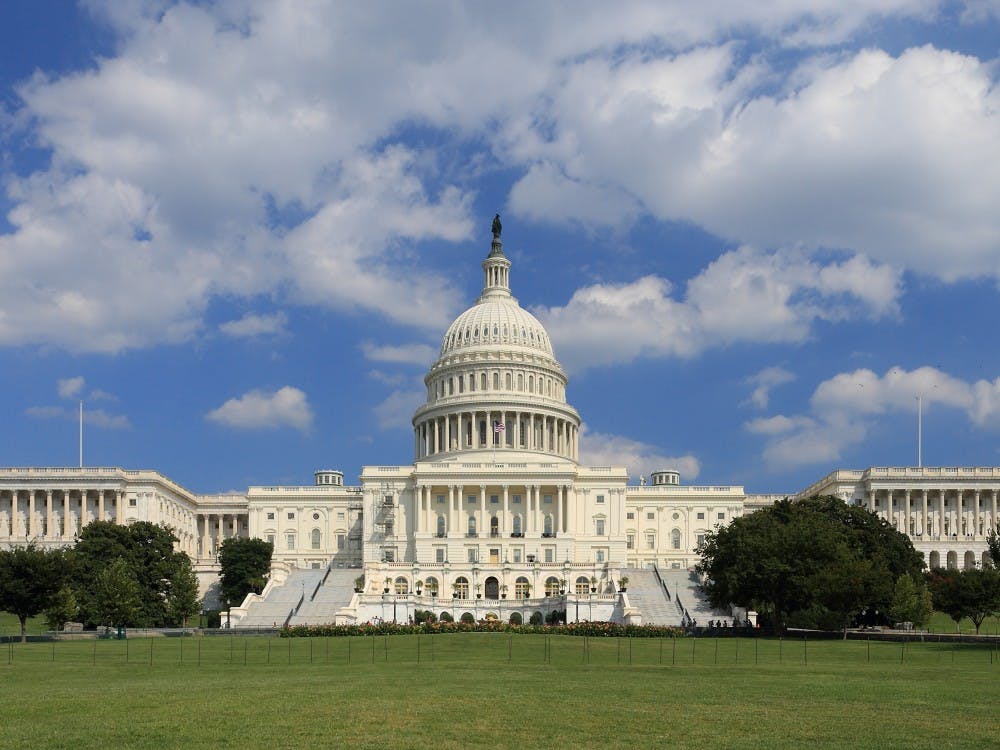Push-ups are being replaced by policy at the Nicholas Institute’s boot camps.
Aimed at increasing student fluency in engaging with policymaking institutions, the boot camps will draw from the experience of four policy experts and cover ways to engage with Congress, federal agencies and international institutions.
This is the first time the Nicholas Institute for Environmental Policy Solutions—which was founded in 2005 to bridge the gap between environmental research and decision-makers—is hosting policy boot camps. Since last year, the institute has gotten support from the provost’s office to bring back the knowledge of policy and decision-making to students.
The boot camps are open to all students, but cater specifically to those interested in the environment, public policy and law. Although the boot camps are meant to be an informal conversation, students will be informed by the specific expertise and experience of the speakers.
Tim Profeta, director of the Nicholas Institute for Environmental Policy Solutions, kicked off the first boot camp Oct. 25 to focus on the workings of Congress.
“Everybody can look up on the Internet as to how Congress is structured and everybody has watched SchoolHouse Rock on how a bill becomes a law,” Profeta said. “But knowing which staff on the Hill to go to, and what is the rhythm of the institution, when to engage a member's office versus a committee—those are another level of how the institution works.”
The next three boot camp sessions will take place on Fridays in Grainger Hall. On Nov. 1, Robert Bonnie, an executive in residence and former Undersecretary for Natural Resources and Environment at the U.S. Department of Agriculture, will dive into federal departments and agencies. Bonnie will discuss the different ways in which the U.S. Department of Agriculture and U.S. Forest Service operate.
John Virdin, director of the Nicholas Institute’s ocean and coastal policy program, will make an appearance Nov. 15. There, he will discuss the role of international institutions and ways to engage with the World Bank, the International Monetary Fund, and The Food and Agriculture Organization of the United Nations.
Martin Doyle, director of the Nicholas Institute’s water policy program, will lead the final discussion Nov. 22.
Get The Chronicle straight to your inbox
Sign up for our weekly newsletter. Cancel at any time.

